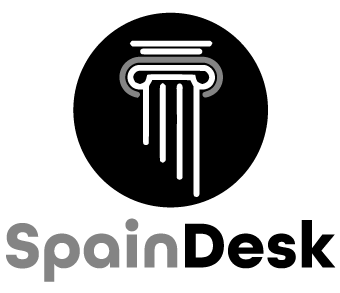Do’s and Don’ts After a Job Interview
You’ve just had a job interview and you feel confident that you nailed it. You want to do everything possible to make sure that the company decides to offer you the job. Here are some tips on what you should and shouldn’t do after a job interview.
Content
1. Do send a thank you note
After any job interview, it is important to take the time to follow up with a brief thank-you note. This note serves several important purposes. For one thing, it shows that you are courteous and polite, which is essential for maintaining a good professional image in today’s competitive job market.
It also gives you another opportunity to highlight your skills and experiences, further demonstrating why you would be a great fit for the position. Additionally, by expressing your continued interest in the role and thanking the interviewer for their time, you are indicating that you are interested in building a positive working relationship with your potential employer.
Overall, following up after a job interview is simply common courtesy, but it can also be an effective way to set yourself apart from other candidates and make a lasting impression on hiring managers. So do not forget to send a thoughtful thank-you note after your next interview!
2. Don’t badmouth your old boss or company
When you are finished with a job interview, it is important to be mindful of your actions and words. One thing you should absolutely avoid doing is badmouthing your old boss or company.
This not only reflects poorly on you as a potential employee, but it also gives the impression that you may bring that negative attitude into your new workplace, which could end up alienating team members and hurting your chances of success on the job. Instead, it is best to focus on what you have learned during your time at your previous employer and how those skills can translate to the role you are interviewing for.
3. Don’t ask about salary and benefits too early in the process
In general, it is smart not to ask about salary and benefits too early in the application process. Doing so can put you at a disadvantage compared to other candidates, as it makes you seem more focused on securing a paycheck than building a lasting career.
Additionally, bringing up financial considerations prematurely can shift the focus away from your skills and qualifications, which could signal to an employer that you are not the right fit for the role.
To avoid looking too eager or self-serving, it is best to wait until later in the recruitment process before broaching these topics. This will give you time to show that you have the qualities required for success in the position and allow the company ample opportunity to determine if they can offer what you need. By doing so, both you and your potential employer can walk away from the process satisfied and confident in your future together.
4. Don’t call the interviewer after the interview.
One of the most important things to remember after a job interview is not to call the interviewer. While it can be tempting to follow up right away and express your enthusiasm for the position, this is generally considered poor form and can send the wrong message. Calling too soon may make it seem like you are desperate or impatient, which will reflect poorly on your overall candidacy.
Instead, try sending a polite email thanking the interviewer for their time and expressing your continued interest in the position. By waiting until at least a week has passed, you can strike a more professional and confident tone that will increase your chances of success. After all, if you really want the job, your best strategy is often just to let it happen naturally. So take a deep breath and don’t call after an interview – no matter how badly you want to!
5. Do learn from your interview
After a job interview, it’s important to take some time to reflect on the experience. What went well? What could you have done better? What did you learn about yourself?
These are all important questions to ask in order to help you grow as a professional. By taking the time to reflect on your performance, you can improve your chances of success in future interviews and, ultimately, secure the job you really want.







